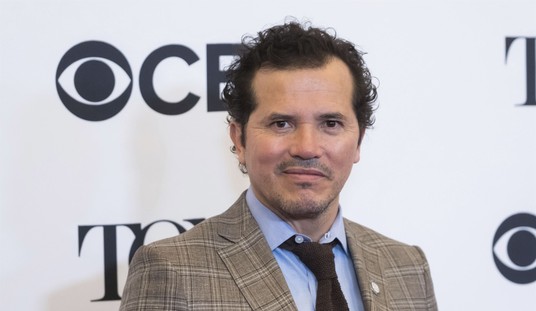The truth, the whole truth, and nothing but the truth: that is what one swears to tell in a court of law. One lies there and then. It is a noble ideal that one swears to, but one that in practice is impossible to live up to. Not only is the truth rarely pure and never simple, as Oscar Wilde said, but it is never whole, even in the most rigorous of scientific papers.
Not that scientific papers are often as rigorous as they could or should be. This is especially so in trials of drugs or procedures, the kind of investigation that is said to be the gold standard of modern medical evidence.
Considering how every doctor learns that the most fundamental principle of medical ethics is primum non nocere, first do no harm, it is strange how little interest doctors often take in the harms that their treatment does. Psychologically, this is not difficult to understand: every doctors wants to think he is doing good, and therefore has a powerful motive for disregarding or underestimating the harm that he does. But in addition, trials of drugs or procedures often fail to mention the harms caused by the drug or procedure that they uncover.
This is the royal road to over-treatment: it encourages doctors to be overoptimistic on their patients’ behalf. It also skews or makes impossible so-called informed consent: for if the harms are unknown even to the doctor, how can he inform the patient of them? The doctor becomes more a propagandist than informant, and the patient cannot give his informed consent because such consent involves weighing up a known against an unknown.
A paper in a recent edition of the British Medical Journal examined a large series of papers to see whether they had fully reported adverse events caused by the drug or procedure under trial. It found that, even where a specific harm was anticipated and looked for, the reporting was inadequate in the great majority of cases.
But in fact the reality was probably worse than this: for many of the harms done by drugs or procedures are not anticipated, not inquired after and therefore not recorded. Moreover, most (though not all) trials last only a short time, and the drugs or procedures may have long-term ill effects that short-term follow-up by definition cannot reveal. Many side effects of drugs do not manifest themselves until years after prescription and become obvious only in retrospect; indeed, they may never be acknowledged, because no one has ever looked for them.
The same edition of the journal points to two other problems with informed consent, to say nothing of proper treatment. The first is that the way doctors give information can affect a patient’s decision, because words have connotations as well as denotations. To say that 90 percent of people survive an operation is implicitly to recommend it; to say that 10 percent of people die after it is implicitly to advise against it.
Another problem is that trials of drugs that are supposed to be double blind – neither the patient nor the investigator knowing who is an experimental subject and who a control – are often less blind than is supposed, leading to bias in the results. For example, in trials of statins against placebo, the investigator may notice that a patient’s low density lipoprotein may have fallen, guess that he is taking statin rather than placebo, and hence minimize his complaints. He may also inadvertently communicate his guess to the patient. The benefits of statins will then be overestimated.
Accentuate the positive, underplay the negative. At least it’s good for business, if not for the patients.
*****
image illustrations via shutterstock / Ozgur Coskun / Robert B. Miller / Helder Almeida /












Join the conversation as a VIP Member